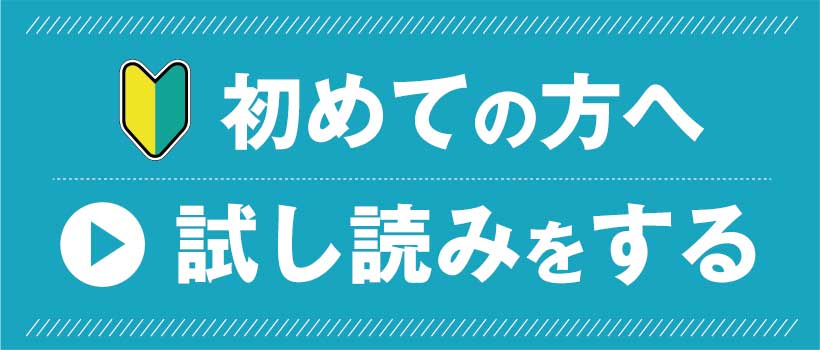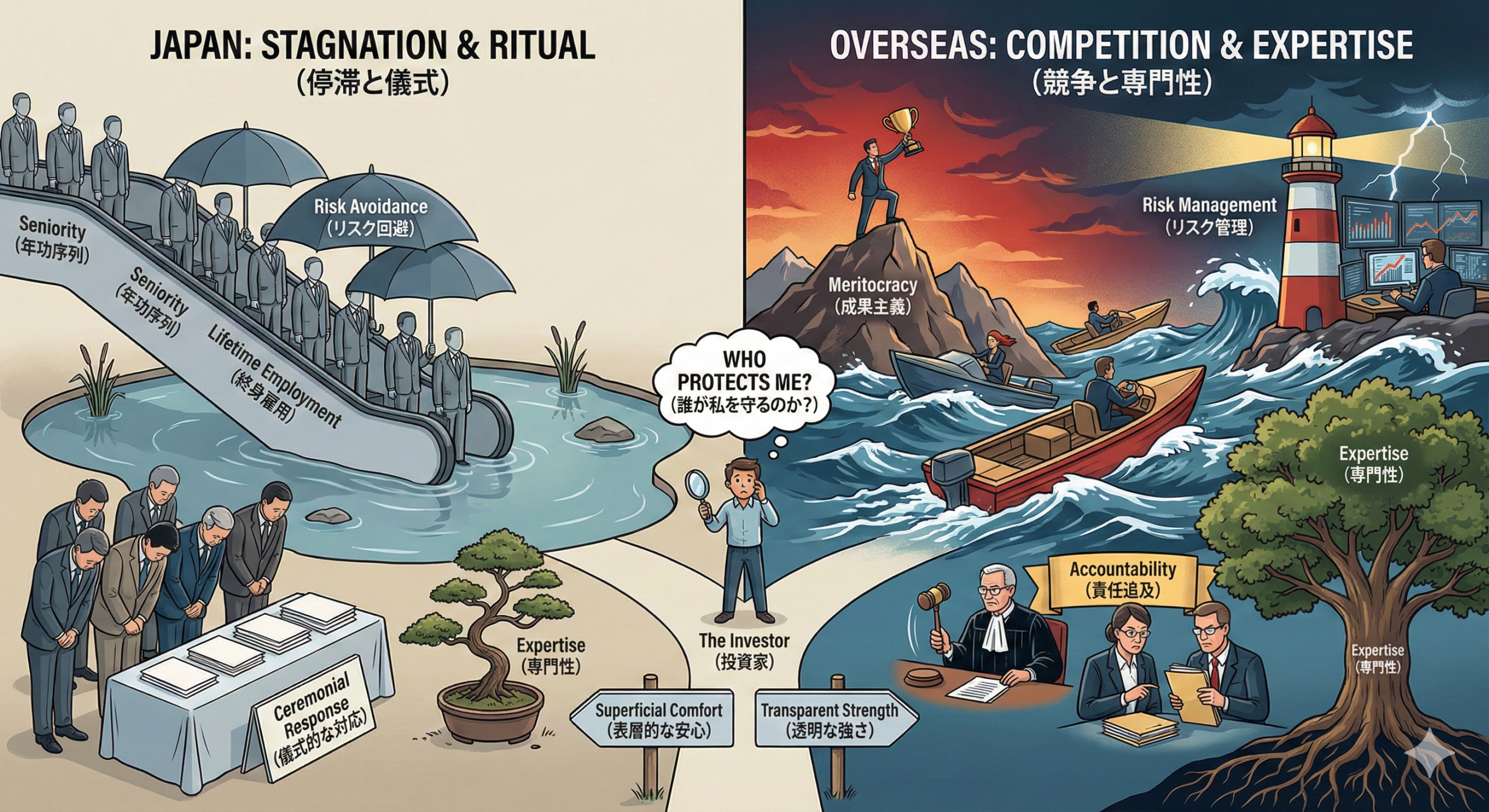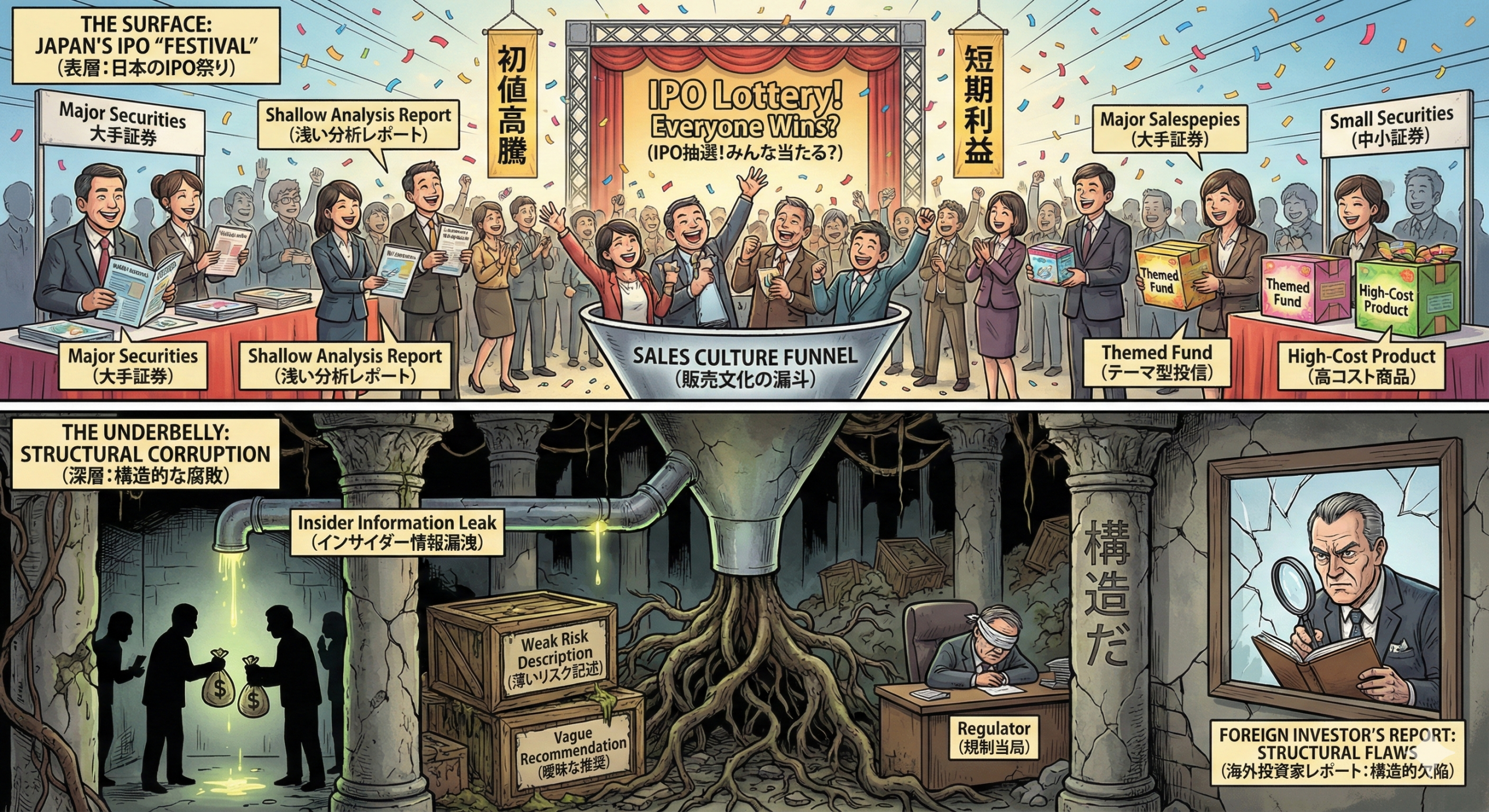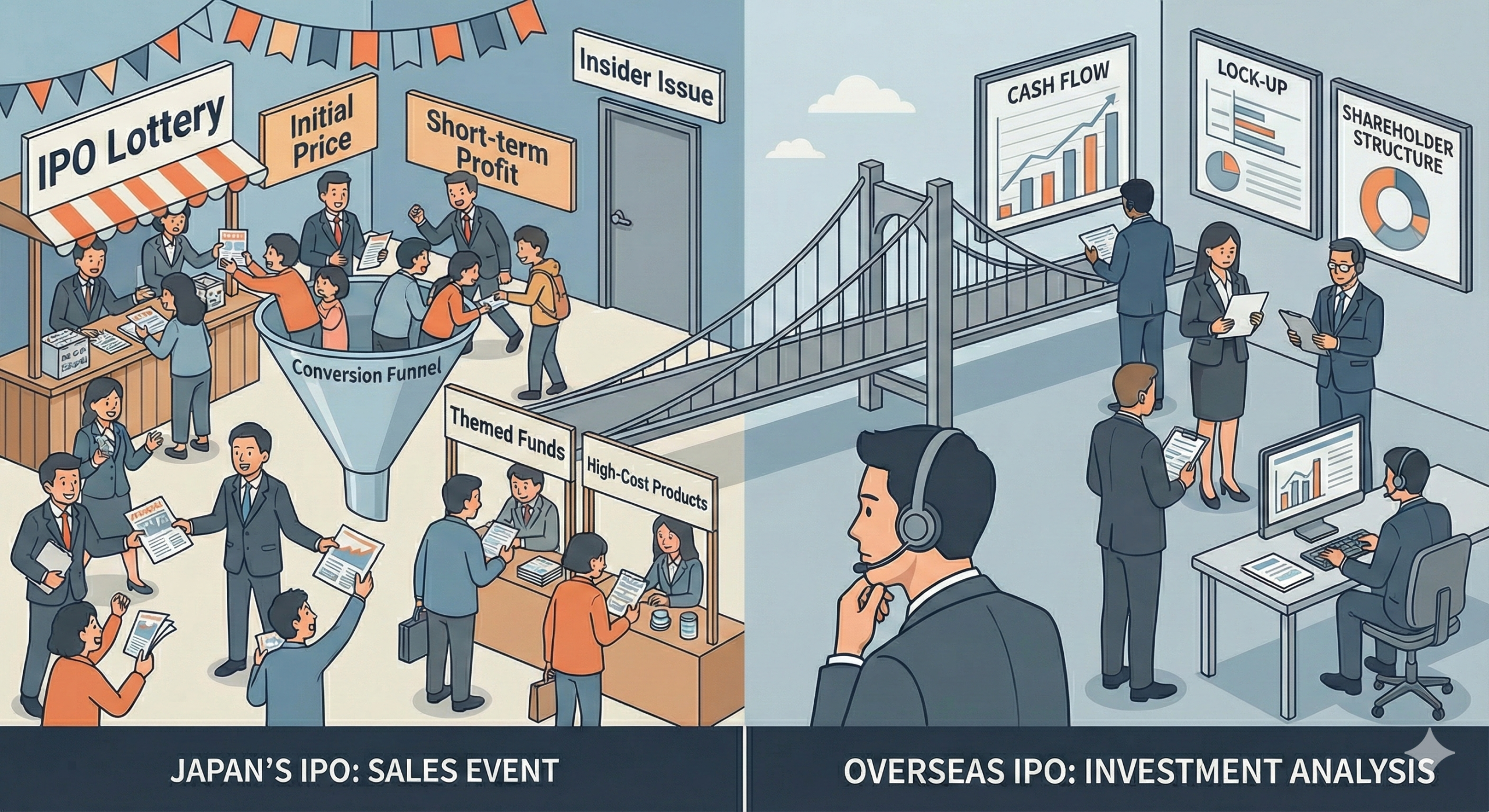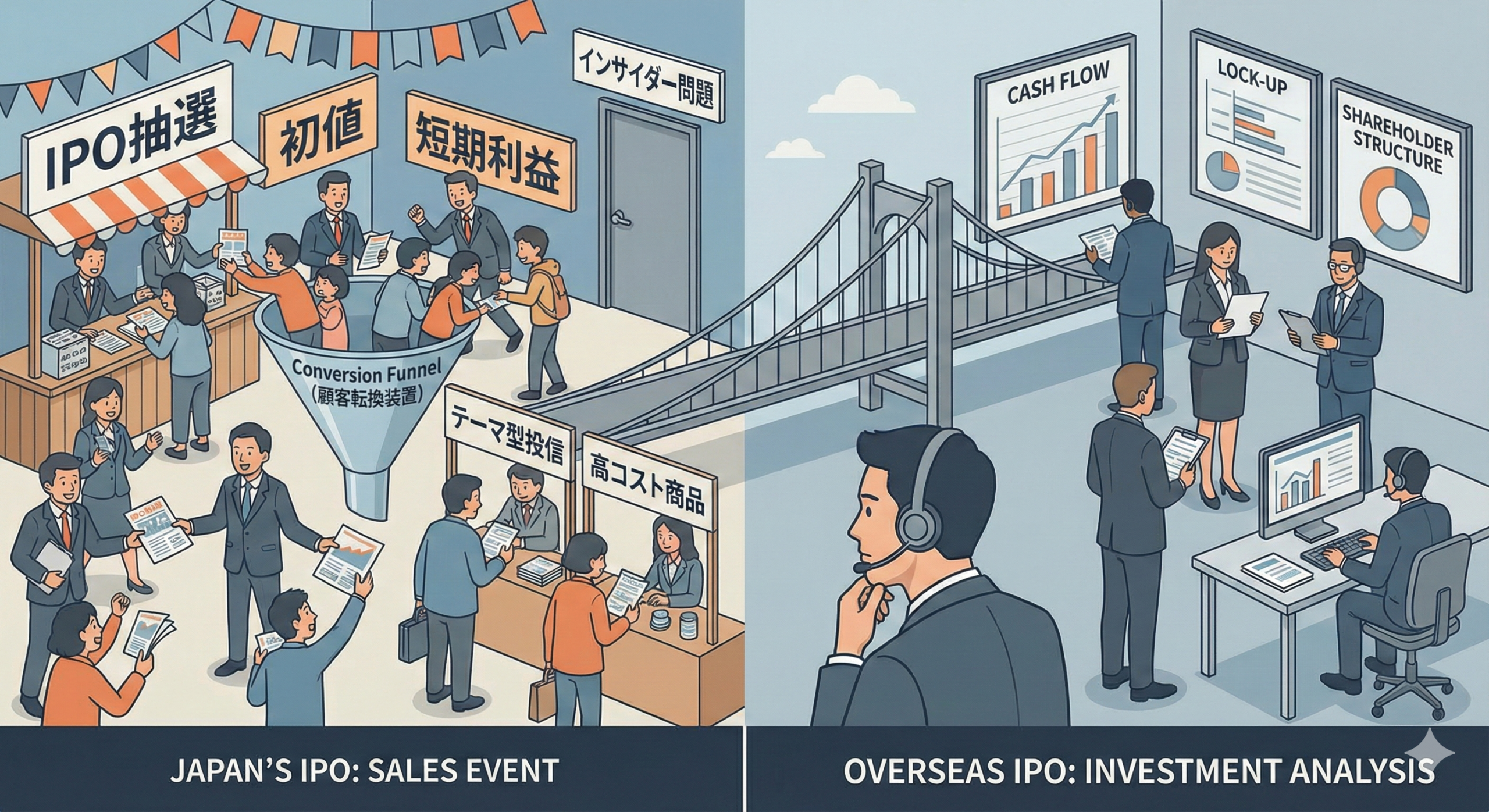※Translated with Notion AI. (Plus version)
This is a topic that should be considered
during a healthy period of life,
and may be an issue to address
before thinking about inheritance.
important issues like
euthanasia and dignified death,
it’s very risky to cram information and make judgments at once.
I would like to take a little time and resume later.
In Japan, there is a unique culture of mourning ancestors called “Obon.”
Many Japanese people probably think about “death” during this period.
However, despite the prevalence of Buddhism in Japan, education on the “meaning of death” and the “afterlife” is not very common.
The issue of the “afterlife” is deeply tied to individual beliefs, so I will refrain from giving my opinion on it.
In the teachings of Buddhism, some people believe that “Buddha taught that the afterlife is ‘nothingness,‘” while others believe in the “existence of spirits.”
As a doctor, I do not have knowledge about what happens after the physical body and thoughts decay.
Therefore, today I would like to talk about the “meaning of death.”
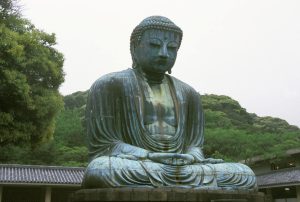
As I have already mentioned, my remaining time is limited. For this reason,
I hope that everyone will think about the “meaning of death,” including their lifestyle.
In Japan, movements related to dignified death have gradually become more active.
The concept of a living will has been widely accepted in society, and medical institutions are increasingly accommodating it.
However, specific laws regarding living wills have not yet been established.
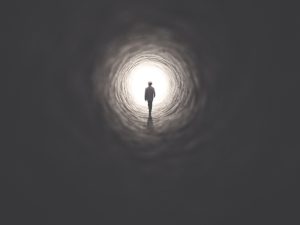
In modern society, where nuclear families are becoming more common, many people have fewer opportunities to encounter the death of others, making it difficult to realistically imagine death.
Therefore, regardless of where or who discusses “euthanasia” or “dignified death,” such discussions often end up being empty and lacking in substance.
That is why it is important to deeply consider the meaning of “death” now, when it feels distant.
I hope we can take some time to think about this today.

